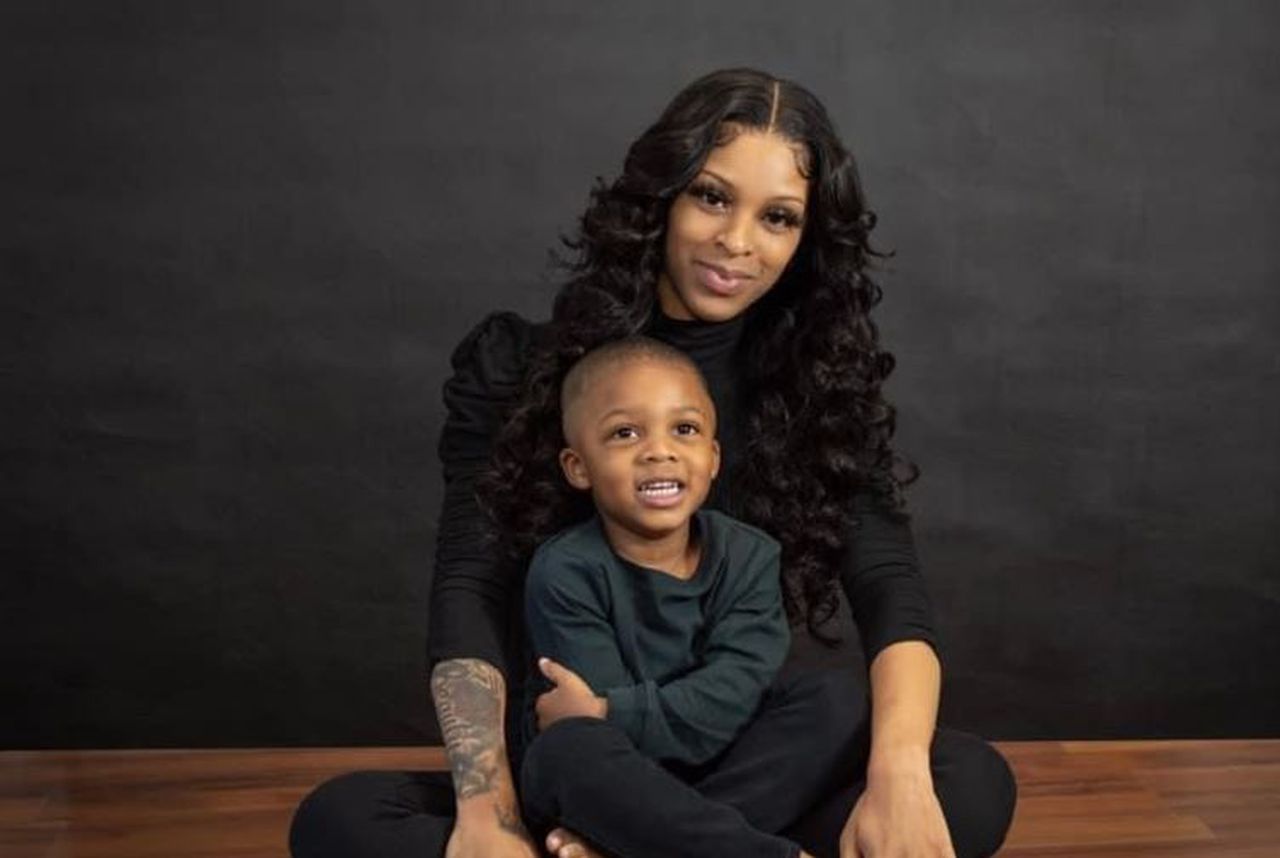Roy S. Johnson: Why is Alabama still playing with its blood-stained basketball?
This is an opinion column.
We knew about that.
Those are Nate Oats’ words. His “unfortunate” words, by the Alabama basketball coach’s own description—though not descriptive enough.
Knew about what?
Knew freshman top dog Brandon Miller—according to law enforcement testimony regarding the tragic killing of young mother Jamea Harris early on a January Sunday morning—received a text from then-teammate Darius Miles saying: “I need my joint.” Meaning, I need my gun. The gun Tuscaloosa police say Michael “Buzz” Davis, Miles’ 20-year-old near-lifelong friend, used to kill Harris. Kill her because she was not interested in him, her boyfriend said, as per police. Kill her because the boyfriend told Davis to stop dancing in front of his car.
Knew another player, Jaden Bradley, was also there on that deadly night. In his own car, but there.
Knew Miles took the gun out of the back seat of Miller’s car, revealed also during a riveting and revelatory two hours of testimony by Det. Branden Culpepper on Tuesday, as reported by my colleague Carol Robinson.
Knew Miles allegedly told Davis, “The heat is in the hat.” Translation: The gun is here.
Knew Miles further said: “There’s one in the head.” Translation: A bullet’s in the chamber, making it an instrument of death.
Knew Miles, as Culpepper further testified, moved his own girlfriend out of the line of fire.
We knew about that.
“Can’t control everything everybody does outside of practice,” Oats said. “Nobody knew that was going to happen. College kids are out, Brandon hasn’t been in any type of trouble nor is he in any type of trouble in this case. Wrong spot at the wrong time.
Very unfortunate. Far worse than unfortunate. Unconscionable.
Neither Miller, nor Bradley, is yet charged with a crime.
Tuscaloosa attorney Jim Standridge wrote a statement to Tuscaloosa Patch that was confirmed by AL.com stating Miles asked Miller for a ride to the strip late that early Janury Saturday after Alabama’s Jwin over in LSU. Miles brought his “legal handgun”, the lawyer said, and left it in Miller’s vehicle. Miller “never saw the handgun or handled it,” according to the attorney, adding that he believed Miles concealed his gun under clothing in the back of Miller’s car.
“Brandon does not own a firearm and has never even handled a firearm,” the statement added. “Moreover, he had no knowledge of any intent to use any weapon.”
Here’s what I want to know:
Why is Alabama still playing basketball right now, with this tragic travesty far more embedded in the locker room than we knew? Now, dribbling a basketball stained with a young mother’s blood?
Why are Miller and Bradley playing basketball right now. Shamelessly playing—charged or not? As a family grieves?
RELATED: Goodman Testimony about Brandon Miller complicates Alabama season
What did athletic director Greg Byrne know? And when?
He shared it on the ESPN College Gameday podcast, hosted by Rece Davis and Pete Thamel. “It was ongoing from the get-go when the incident happened,” he said via the ESPN College Gameday podcast, hosted by Rece Davis and Pete Thamel. “It was conversation between myself, Nate Oats, conversation with myself and the president. We have legal counsel involved for the university. We have our different offices within the university that are at least aware of it. We had normal conversations like we do for other issues. That information was shared collectively and collectively we decided that Brandon was able to play.”
Ponder that image. All these men. These, yeah, white men. Collectively—Byrne’s word, remember—deciding what is best for… them? Them with the highest post-season basketball aspirations in decades?
For them and Miller? Them and a young Black man with NBA dreams that—as was collectively decided—should not be stifled or stymied by an early night in January when he transported a gun to a friend and then teammate? A gun used to kill a young Black mom?
We decided that Brandon was able to play.
Able, indeed. Should? No way in hell.
Even if just for a night. For a time. A time when a young man might learn accountbility—though that may too much to expect from the collective that deemed him able.
And deemed Oats able to coach. Coach a team that is now and henceforth this season dribbling a tainted ball—as a five-year-old Black boy cries for his mother.
Jamea Jonae Harris, 23, was shot to death on the Strip in Tuscaloosa. She leaves behind a 5-year-old son, Kaine. (Special to AL.com)
More columns by Roy S. Johnson
Alabama’s ‘parents’ rights’ bill smells like ‘states’ rights’; I’m holding my nose.
I was there when Kareem toppled Wilt, felt like I was when greatness was passed again
Canceled Black author Derrick Barnes: ‘I’d like to speak with the superintendent’
Early release of the 369 is the most compassionate, smartest thing Alabama prisons have ever done.
Roy S. Johnson is a Pulitzer Prize finalist for commentary and winner of the Edward R. Murrow prize for podcasts: “Unjustifiable,” co-hosted with John Archibald. His column appears in The Birmingham News and AL.com, as well as the Huntsville Times, and Mobile Press-Register. Reach him at [email protected], follow him at twitter.com/roysj, or on Instagram @roysj
